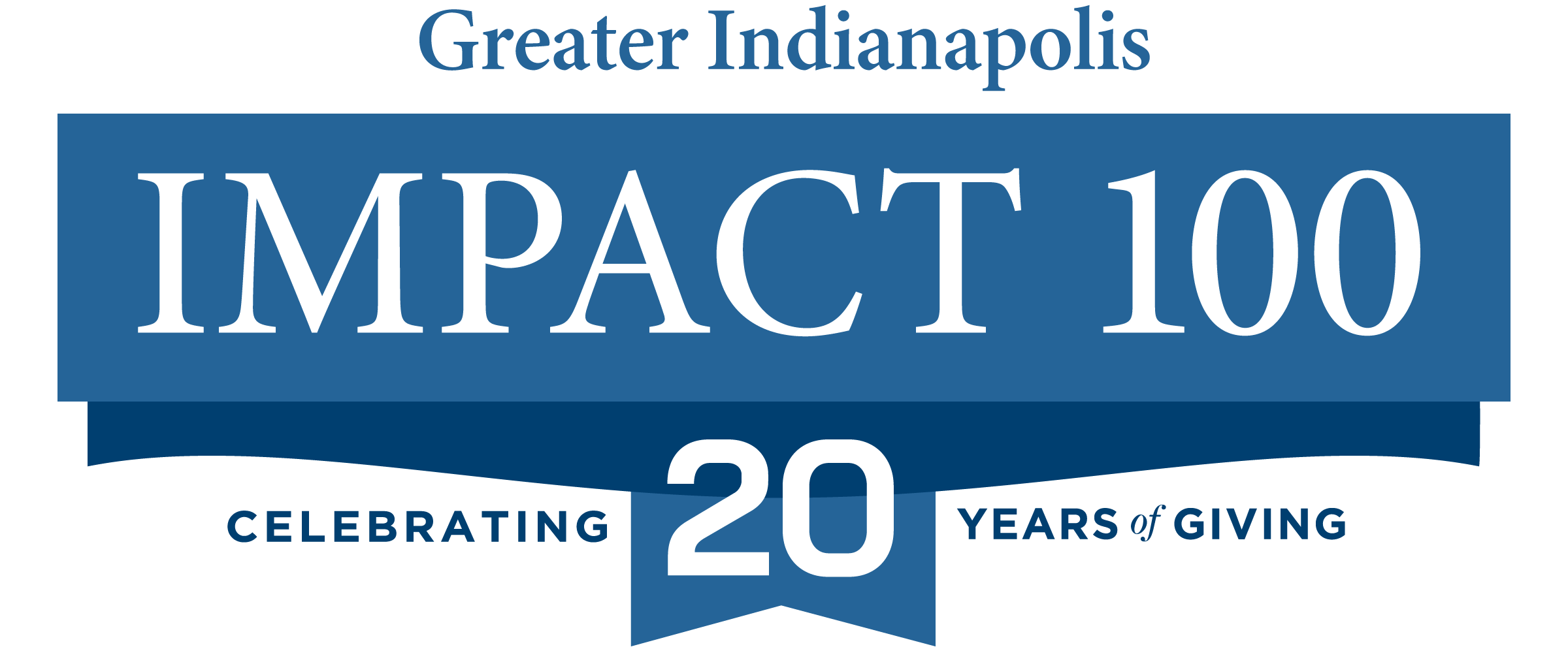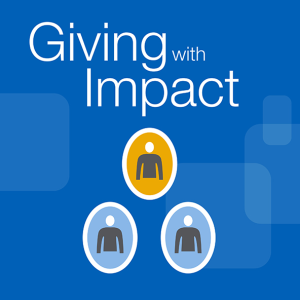The Opioid Crisis: A Complex and Perplexing Problem in Indiana
One in 20 people in our state are addicted to opioid painkillers and a staggering 286,000 Hoosiers report having engaged in non-medical use. The Center for Disease Control and Prevention indicates Indiana exceeded all but eight states in the number of pain prescriptions written per 100 people in 2012, enough for every Hoosier to have his or her own bottle of pain pills.
Impact 100 women of Greater Indianapolis granted $100,000 in June, 2017 to Volunteers of America of Indiana for their Fresh Start Recovery Center. This is the only residential addictions treatment program in Central Indiana allowing children to stay with their mothers while in treatment. The Impact grant will underwrite the remodel of VOA’s Theodora House to add 45 more beds (to the current 15) and quadruple the number of families served.
To learn more about the opioid problem, a panel of experts gathered as part of Impact 100’s Follow the Impact event to explore this issue on September 19 at the Glendale library branch of the Indianapolis Public Library. Impact Board member Roberta Jaggers asked insightful questions and brought important emphasis to this disturbing problem.
Public safety responders—from emergency personnel to police officers and public defenders and prosecutors –are seeing precious time and resources spent on the opioid epidemic. Indiana employers can’t find enough employees that can pass a drug test. The already overburdened foster care and child welfare systems are challenged by the ever increasing number of children who need new homes because their parents are in jail, addicted, or dead.
Here are three statements by the panel:
“The opioid crisis has been a disaster for the child welfare system. We have seen a 70% increase of kids in the system,” says Tina Cloer, President and CEO of The Children’s Bureau, Inc.
“The reason so many people relapse/overdose? There are not enough providers to treat them, “ says Dr. Tara Benjamin, Volunteers of America of Indiana Board member and Director, Maternal Recovery Program, Riley Maternity and Newborn Health, Division of Maternal, Fetal Medicine, Indiana University School of Medicine.
“If we could incarcerate away the opioid epidemic it would be cured by now,” says Rachel Halleck, Volunteers of America of Indiana Senior Director of Behavioral Health Services.
Jake Harper and Emily Foreman, Side Effects Public Media also served on the panel.
For more information about the opioid crisis, read a recent report by Fairbanks Health https://www.rmff.org/wp-content/uploads/2015/09/Richard-M.-Fairbanks-Opioid-Report-September-2016.pdf.



